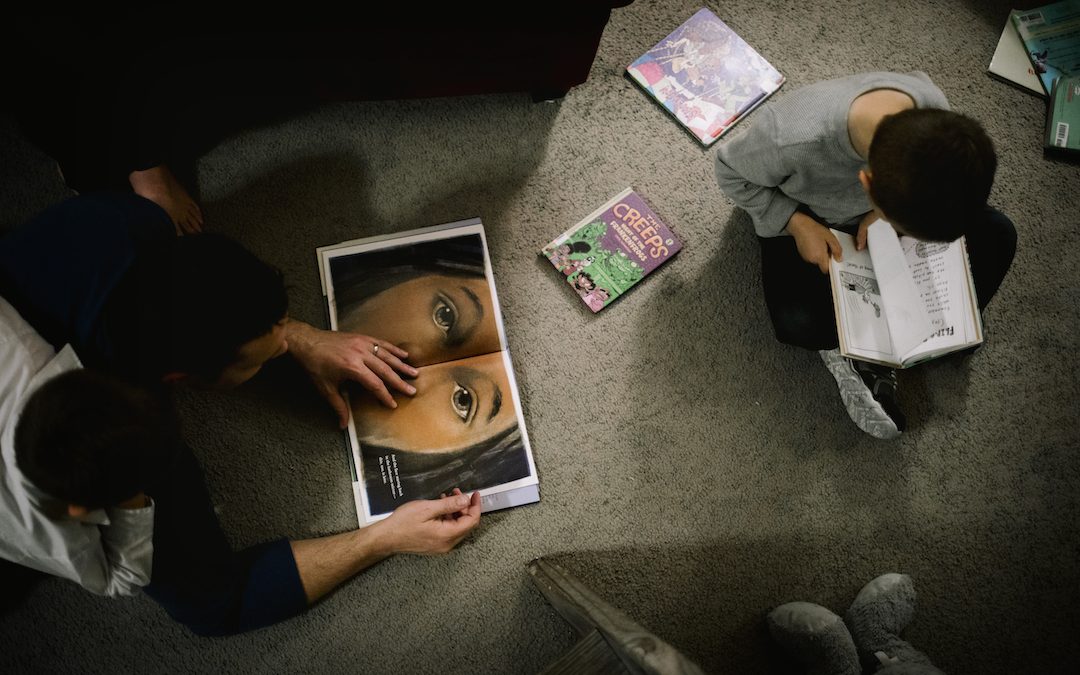
by Rachel Toalson | Poetry
books on the floor
books in a chair
books all around
stretch out
on the floor
let the kids
climb on a back
no matter
how weary
get those accents
ready
all the acting
cued up
voice prepped
for action
and then
the giggles begin
woven around story
and knowledge
and magic
this is how
to read to your children
This is an excerpt from This is How You Know: a book of poetry. For more poetry, visit my starter library, where you can get some for free.
(Photo by This is Now Photography.)
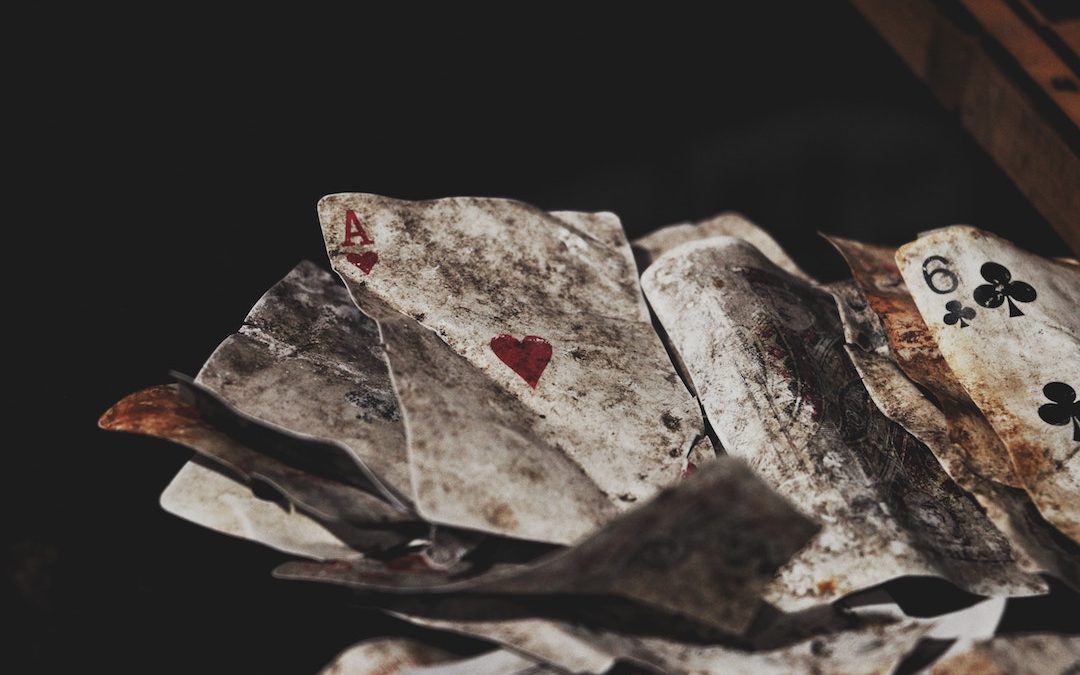
by Rachel Toalson | Poetry
One might say that I
started out with
all the wrong cards.
Poor parents.
Absent dad.
Little to do in the world
but become the very picture
of my parents before me.
How does one break free
of the cards one has
been dealt?
In sixth grade, my English teacher
told me I had a talent for
dreaming up stories.
In seventh grade, my English teacher
drilled me on proper grammar
and punctuation and spelling,
said I had a gift.
In eighth grade, my English teacher
told me she wanted me to do
some extra writing work,
to develop my emerging skill.
In ninth grade, my English teacher
took my essay on Dickens and
read it to the class while I hid out
in the bathroom, mortified.
He tacked it to the board
as an example of a good critical essay.
In tenth grade, my English teacher
gave me a list of books
I’d need to read
to become a better writer,
said it was optional,
no grade attached.
I read them all.
In eleventh grade, my school counselor
gave me a college application
and said, No pressure.
It requires an essay.
I wrote eight hundred words
that night, used the story
of my parents’ divorce
to prove that all bad deals
could be turned
into good ones.
The trick to life, you see,
is playing a
poor hand well.
This is an excerpt from Textbook of an Ordinary Life: poems. For more of Rachel’s poems, visit her Reader Library page, where you can get a few volumes for free.
(Photo by Soroush Karimi on Unsplash)
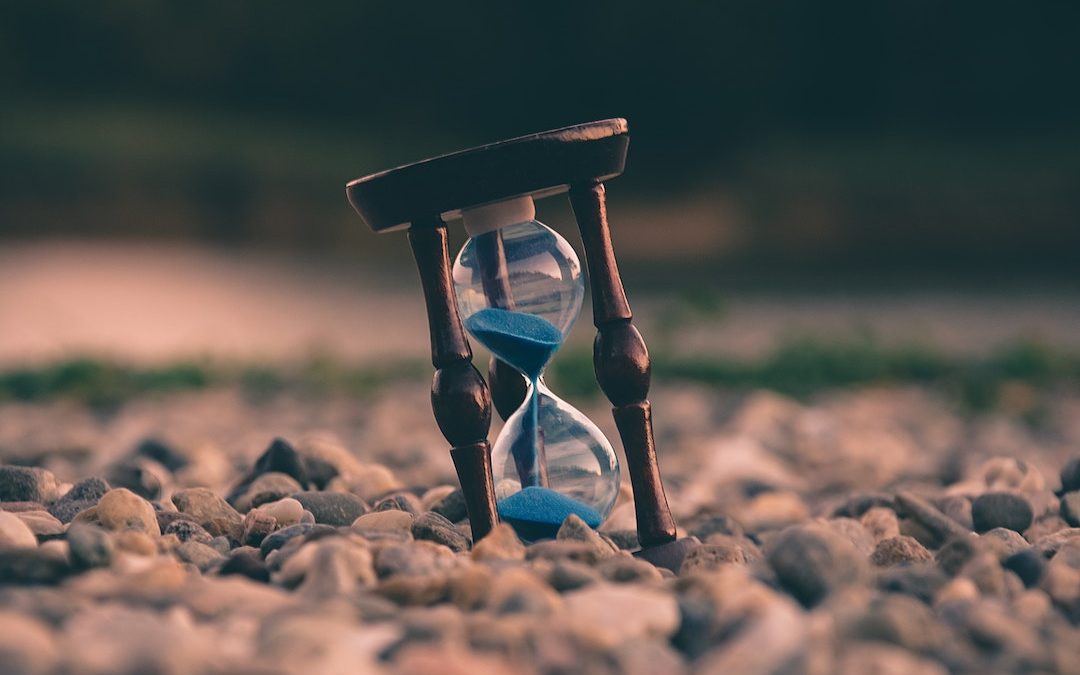
by Rachel Toalson | Poetry
Beginnings
It’s the end of one
year and the beginning of
another, fresh start.
Time
I can’t grasp the years,
though the days stretch long; time’s a
shadow left behind.
Years
They say the days are
long but the years are short, and
I understand now.
Endings
We’ll watch a closing
door like it’s the last one—but
one always opens.
These are excerpts from Life: a definition of terms, a book of haiku poetry. For more of Rachel’s poems, visit her Reader Library page, where you can get a couple of volumes for free.
(Photo by Aron on Unsplash)
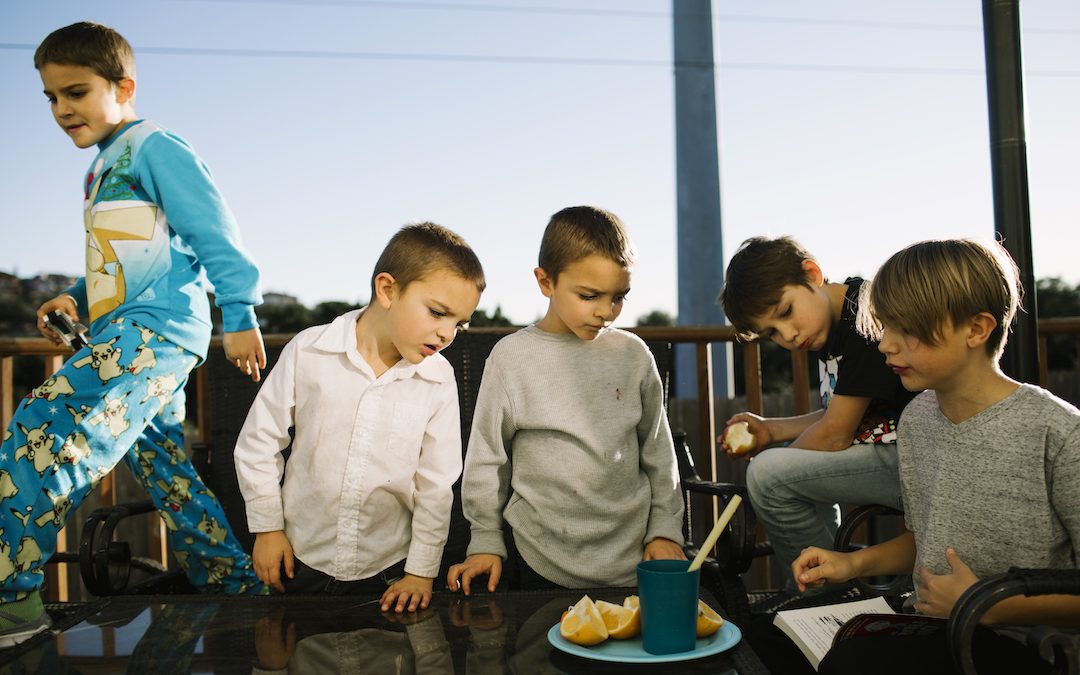
by Rachel Toalson | Poetry
i
Spindly legs running
brown eyes flashing in anger,
hope, love. He is Gift.
ii
Words, valor, life, they’re
his strong suit. He’s unafraid.
I call him Wonder.
iii
Daring, wild one
who risks at every turn, yet
won’t quit. He’s Courage.
iv
Attitude, he shows
it at every turn, strong-willed,
secure. He is Love.
v
Friends found in every
stranger, he shines his light of
words. He is Kindness.
vi
Open grin, wide eyes,
contagious laughter, smiles,
dancing. He is Joy.
This is an excerpt from Textbook of an Ordinary Life: poems. For more of Rachel’s poems, visit her Reader Library page, where you can get a few volumes for free.
(Photo by This is Now Photography)

by Rachel Toalson | Poetry
We wander,
waiting, wondering, seeking,
gold glitters in the distance
and we take off running its way,
thinking we have found
the whole answer to life,
because it shines and
it sparkles and it will surely
lend its light over all
that comes next
And then we are there,
neck even, right in front of it,
and we see the blemishes,
the scratches, the chips
along the sides, and maybe
it wasn’t, in fact, the
whole answer to life, because
the whole answer to life
would be more beautiful,
less rusted,
flawless
So we wander,
waiting, wondering, seeking,
our feet grown more numb
in a frost that does not
reach roots, thank God,
because it’s cold and wet
and slimy between the toes
The sun scorches our cheeks,
drawing red like muted blood
in patches across our skin
and there is no relief to this
never-ending wasteland,
where we wander
The only hope
this horizon has
to offer is
an old rock
An old rock
where once had been
a golden masterpiece
Our future bundled up
in a shiny image
If only, if only, if only
We climb the rock
We stand
We look
And there before us is a
view of the land we have crossed
through days and weeks
and in and out of years
and how did we miss
how lovely light could be
when dressed in white
We did not see
But this old rock
This old rock
It is an ancient respite,
a resting place that
lays bare truth:
though we wandered,
we were not lost
This is an excerpt from Textbook of an Ordinary Life: poems. For more of Rachel’s poems, visit her Reader Library page, where you can get a few volumes for free.
(Photo by Liam Henry on Unsplash)
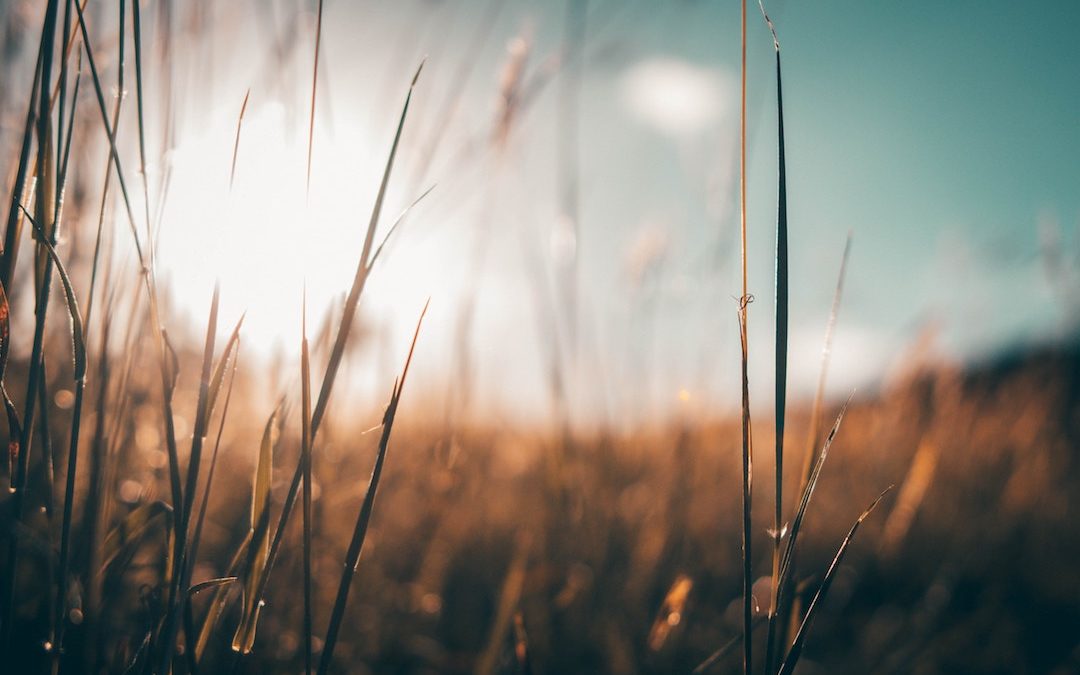
by Rachel Toalson | Poetry
The air is wet and heavy, as if rain might hide in the looming clouds that blot out the sun, but
YOU CAN NEVER KNOW
How they play in spite of what may or may not be coming, as if they have not a care in the world, and how I wish I could be like them, oblivious to
WHAT MAY BE COMING—
What might be asked of me. I had a dream last night, and it was a good one, but the good dreams never become what is
A LIFE OF GOOD AND PLENTY
Only the bad dreams seem like believable realities, because they are more deserved, perhaps. A black eye here, a deep wound back there, a damaged mind all around, they point to a shattered constitution.
OR A LIFE OF ANXIOUS WONDER AND EXTRAORDINARY TRANSFORMATION
And on any given day I don’t know which is better—the poetry of a disjointed life or the straight and narrow line that fragments in its own way, but on a good day, a more contemplative day,
I KNOW WHICH I’D CHOOSE
This is an excerpt from Textbook of an Ordinary Life: poems. For more of Rachel’s poems, visit her Reader Library page, where you can get a few volumes for free.
(Photo by @gebhartyler on Unsplash)







